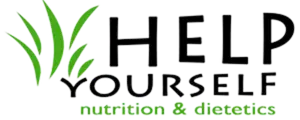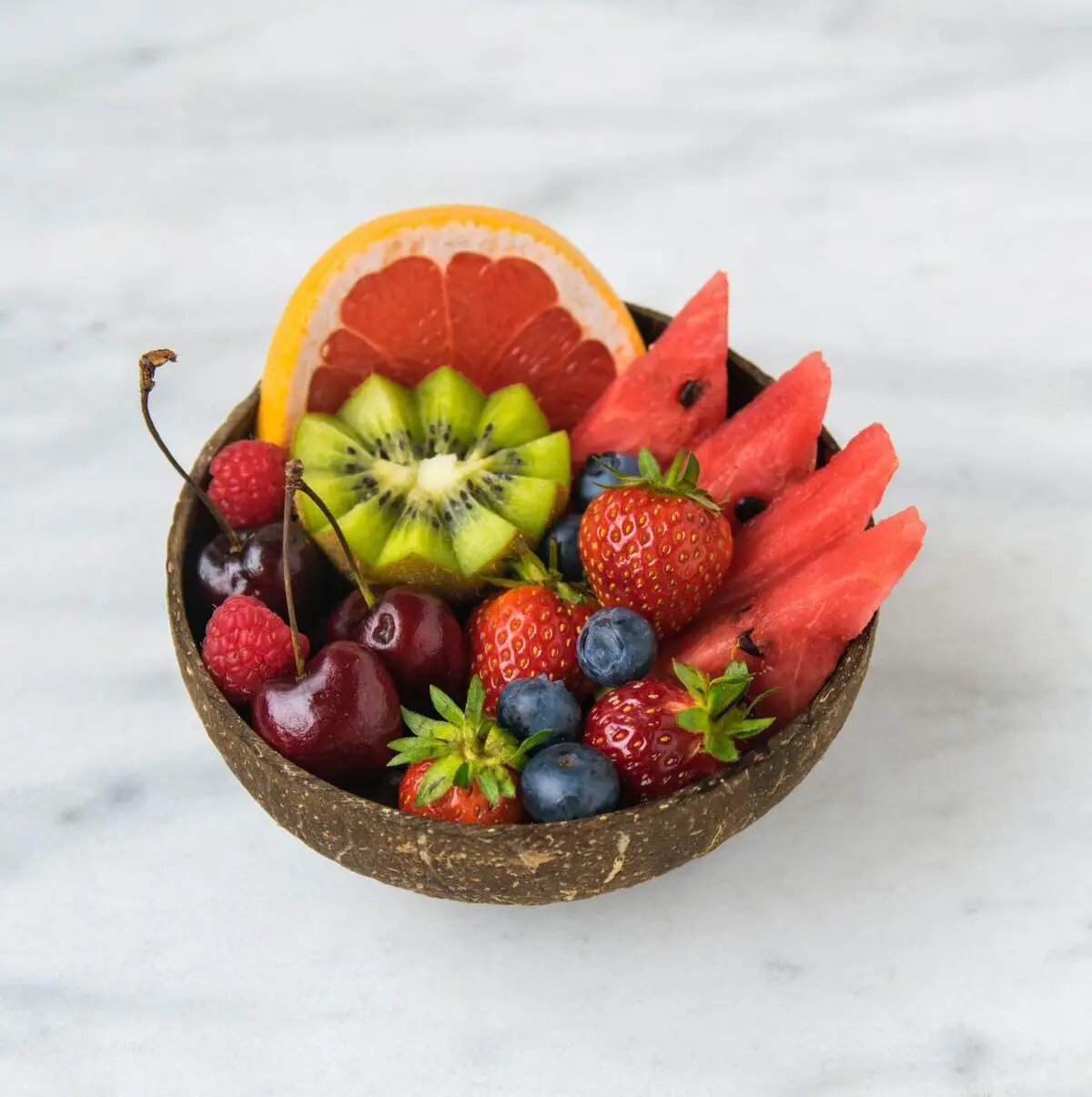Some dietary factors can make IBS more likely and some can make the symptoms worse
While this does not mean that diet is a cause of IBS, it is worth summarising the dietary factors that impact on IBS because its’ not all about FODMAPs and not about gluten at all!
Some of the clients who consult with me about IBS report that recent dietary changes have triggered or exacerbated gut problems. If the diet in question involves meal replacements, juicing, gluten free or paleo style eating, I immediately think “IBS”. Why?
Because these dietary approaches can be high in the type of carbohydrate that resist digestion (FODMAPs) or too low in fibre to maintain healthy numbers and variety of gut bacteria.
Here are my TOP 10 “alarm bells” when it comes to assessing for dietary triggers of IBS:
- Use of meal replacements (contain up to four types of FODMAPs – fructose, inulin, lactose, sorbitol)
- Paleo or other grain limited diet for extended period (decreased healthy gut bacteria)
- Juicing or “cleansing” diet that triggers gut symptoms (excess fructose)
- Pigging out on “summer” fruits or dried fruits (excess fructose, sorbitol, mannitol)
- High intake of herbal teas or coffee substitutes (can contain excess FODMAPs)
- Reaction to excess caffeine (stimulates smooth bowel muscle)
- Bloating after eating bread or pasta (high in FODMAPs – not related to gluten)
- Urgent need to find a “loo” after eating a rich meal or eating larger amount of food
- Suspected lactose intolerance (lactose is the “D” for Disaccharide FODMAP)
- Difficulty digesting legumes (baked beans, lentils etc contain “O” Oligosaccharide)
The “take home” message is that these foods do not cause IBS, but if you do suffer from IBS then these dietary factors may trigger or worsen your IBS symptoms.
Make an appointment to see one of our gut health dietitians.

